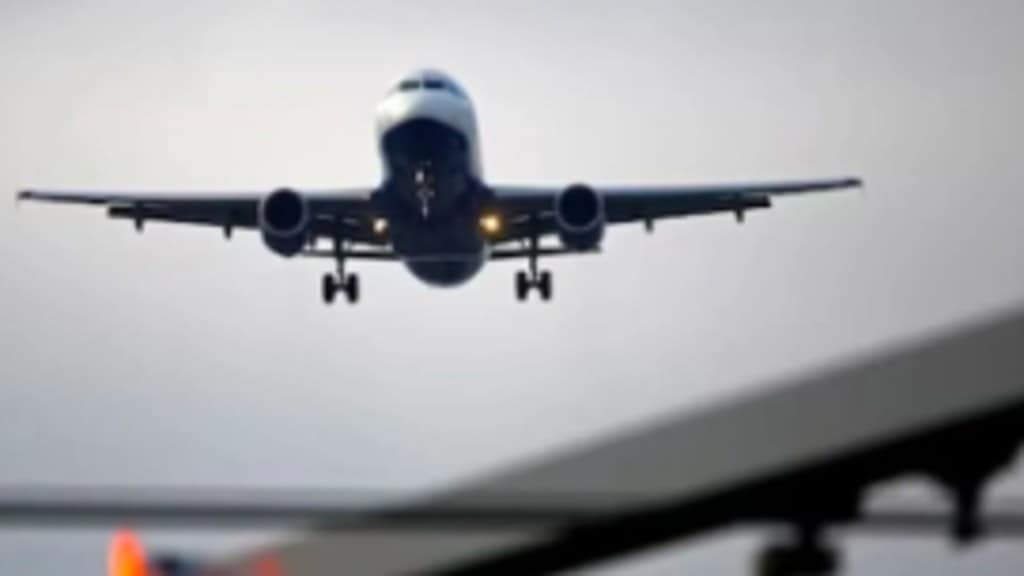Anticipating robust demand for seaplanes in India, global aerospace leader De Havilland Canada is considering setting up a supplier base in the country to support all its aircraft platforms. The Twin Otter aircraft manufacturer currently holds more than 95% of the global seaplane market share and has over 100 aircraft deployed in the nearby Maldives. The company sees a significant growth potential in India, particularly for its DHC-6 Twin Otter aircraft.
Speaking to FE, Yogesh Garg, regional vice president for Asia Pacific and the Middle East at De Havilland Canada, said the company’s involvement in supporting seaplane policy-making in India. At present, no seaplanes are operating in the country.
FE was the first to report last month that the central government is set to introduce guidelines for non-scheduled operator permits, paving the way for commercial charter operations of seaplanes in the country. Several companies, including SpiceJet, Mehair and Heritage Aviation, along with global OEMs, have shown interest in this emerging sector.
In addition, several state governments, including Maharashtra, Gujarat and Andhra Pradesh, have expressed interest in enhancing connectivity through seaplanes.
Garg noted that after participating in policy discussions, De Havilland’s CEO and a company team met with key civil aviation ministry officials, reaffirming their commitment to supporting India’s seaplane initiatives.
“Our current forecast suggests that India will see the creation of 60-100 seaplane routes over the next five years, necessitating the development of around 30 aerodromes. Based on these projections, we anticipate a requirement for 30-40 aircraft in the next five years, and about 60-70 aircraft over the next decade,” Garg told FE.
He added that if India proceeds with plans to develop 100 airports for sub-20 seat aircraft, there would be a demand for 40-50 land-based aircraft over the next five years, increasing to 70-80 aircraft within ten years.
This will not be the aircraft’s first appearance in India, as the Twin Otter gained notable attention when Prime Minister Narendra Modi flew on one between the Sabarmati riverfront and the Statue of Unity in Gujarat during 2019-20. The service, operated by SpiceJet, was eventually discontinued for commercial reasons and the impact of Covid-19.
